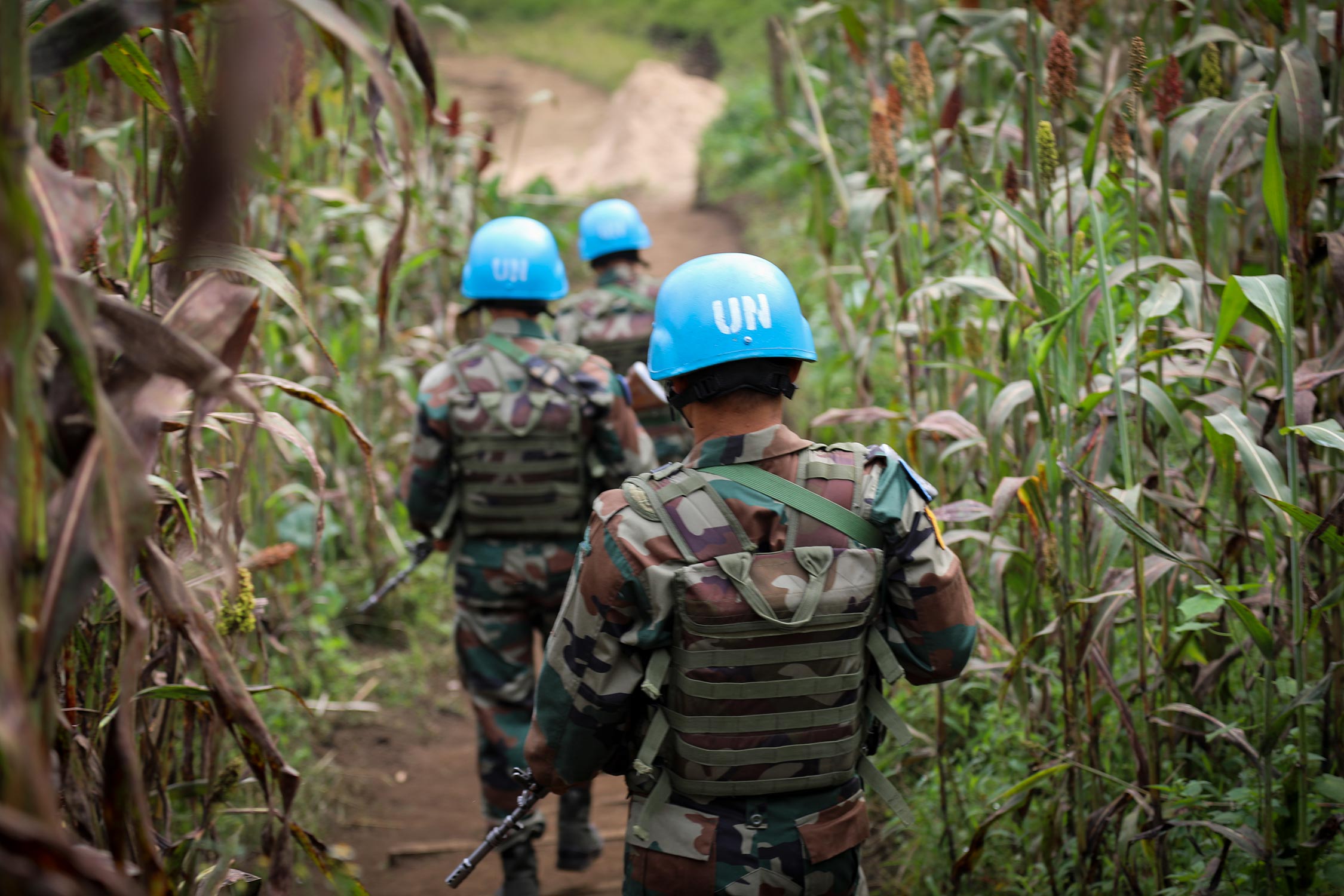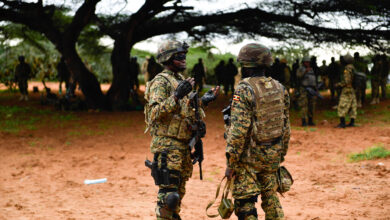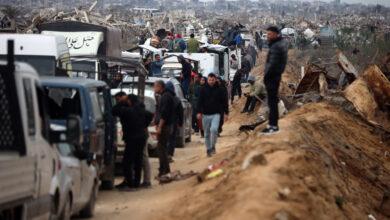UN peacekeeping missions threatened by $2 billion budget gap
Current cash balances cover less than two months of peacekeeping operations, UN Secretary-General Antonio Guterres warned
The United Nations is struggling with close to $2 billion in unpaid contributions to its peacekeeping budget, with current cash balances covering less than two months of operations, Secretary-General Antonio Guterres has warned.
Guterres told U.N. member-states in a letter sent last week that the world body was forced to tap into a capital fund and special account to cover expenses from the regular U.N. budget at the end of last year.
“Active peacekeeping missions are soon expected to face liquidity gaps due to late payments and increasing arrears,” Guterres wrote in the letter seen by AFP on Tuesday, January 15.
“As of today, arrears are nearing US$2 billion and are likely to keep growing. Current cash balances cover less than two months of operations, compared to four months last year,” he added.
In July 2018, U.N. member countries agreed a peacekeeping budget of just under $6.7 billion that runs until June 2019. The top contributors to peacekeeping funding are the U.S. with 28.5 percent, China with 10.3 percent, Japan with 9.7 percent, Germany and France with 6.3 percent each, and the United Kingdom with 5.8 percent.
More than 100,000 peacekeepers are deployed in 14 missions worldwide, including major operations in the Democratic Republic of Congo, Mali and South Sudan that cost more than $1 billion annually to run.
Guterres said he would be making proposals in the coming months to prevent the global organization from sliding into repeated financial crises. Last year, the U.N. chief wrote twice to member-states to raise alarm over the world body’s finances.
At the end of last year, there was a total of $528.7 million in unpaid contributions to the U.N. budget.
While 152 out of the 193 countries had paid their dues at the end of 2018, the regular U.N. budget ended the year with a cash shortfall of $323 million.
Addressing a U.N. event of the G77 bloc of developing countries, Guterres warned that the serious financial problems “if left unchecked – will put the continued functioning of our operations at risk.”
US opposition to novel UN funding initiatives for Africa
In December, an ambitious push by African countries to secure U.N. financing for future African Union-led peace missions faced strong resistance from the United States.
The U.S. proposed conditions, including one that would cap U.N. financing at 75 percent, with the A.U. expected to show that it can provide the remaining 25 percent of the overall costs.
The proposals reflect U.S. skepticism of the plan and come as U.S. President Donald Trump’s administration takes a harder line on U.N. funding, cutting contributions and pushing for cost-saving reforms. It is also seeking to streamline peacekeeping operations to reduce costs and make them more effective.
The U.S has also pushed back against proposals for the U.N. to directly fund the G5 Sahel joint counter-terrorism force. Despite almost doubling U.S. assistance to the G5 Sahel member states to almost $111 million, that support to Burkina Faso, Chad, Mali, Mauritania and Niger takes the form of “bilateral security cooperation efforts,” rather than direct funding for the joint force, a U.S. Africa Command spokesperson told The Defense Post in November.
Guterres has pledged to pursue support for the force, and along with France, has lobbied for regular U.N. funding, in addition to support already agreed by the Security Council in December 2017, when it authorized the Minusma mission in Mali to provide assistance to the joint force.
But in May, the U.S. said it opposed a Security Council mandate for the force as well as direct U.N. funding.
With reporting from AFP












